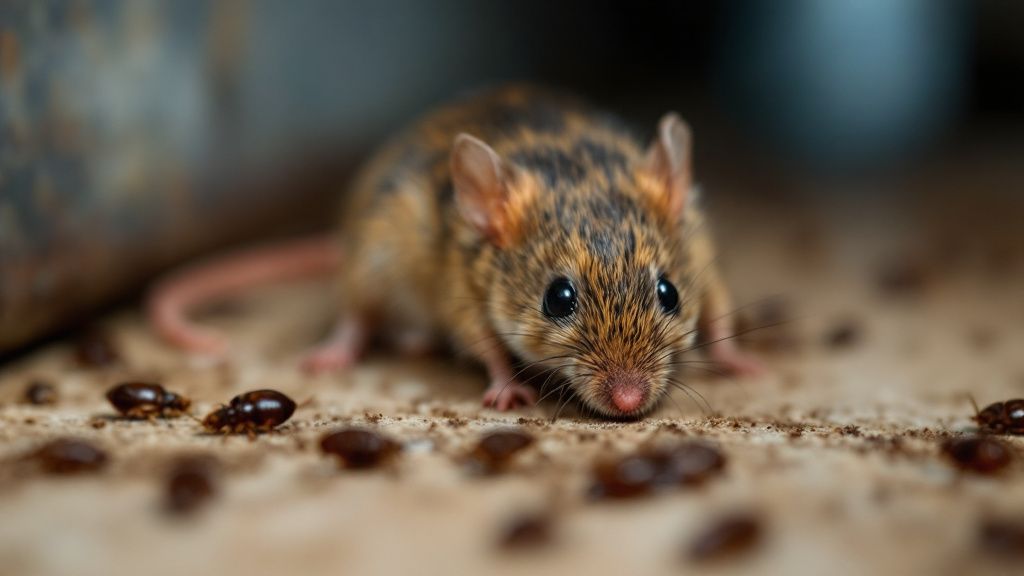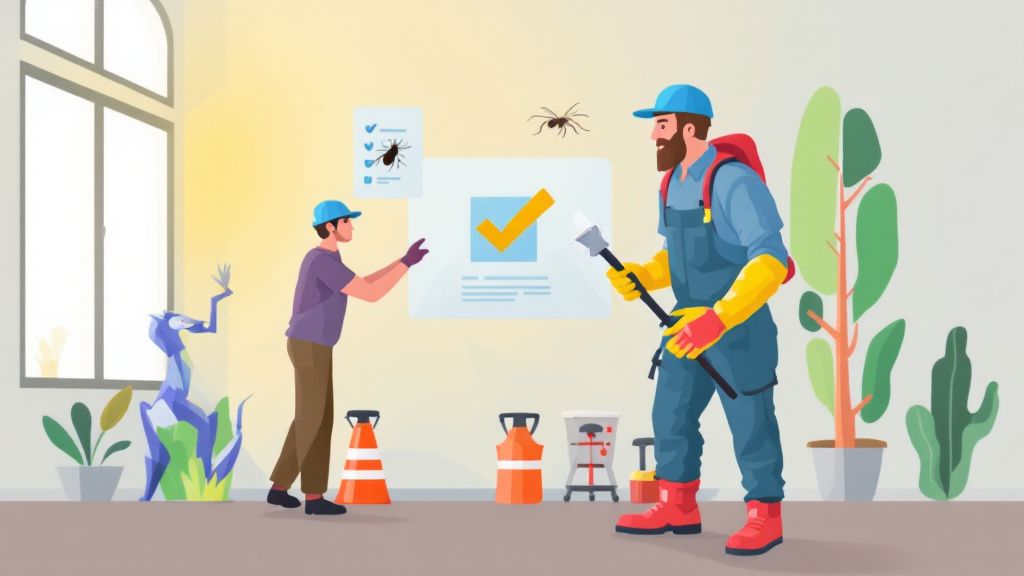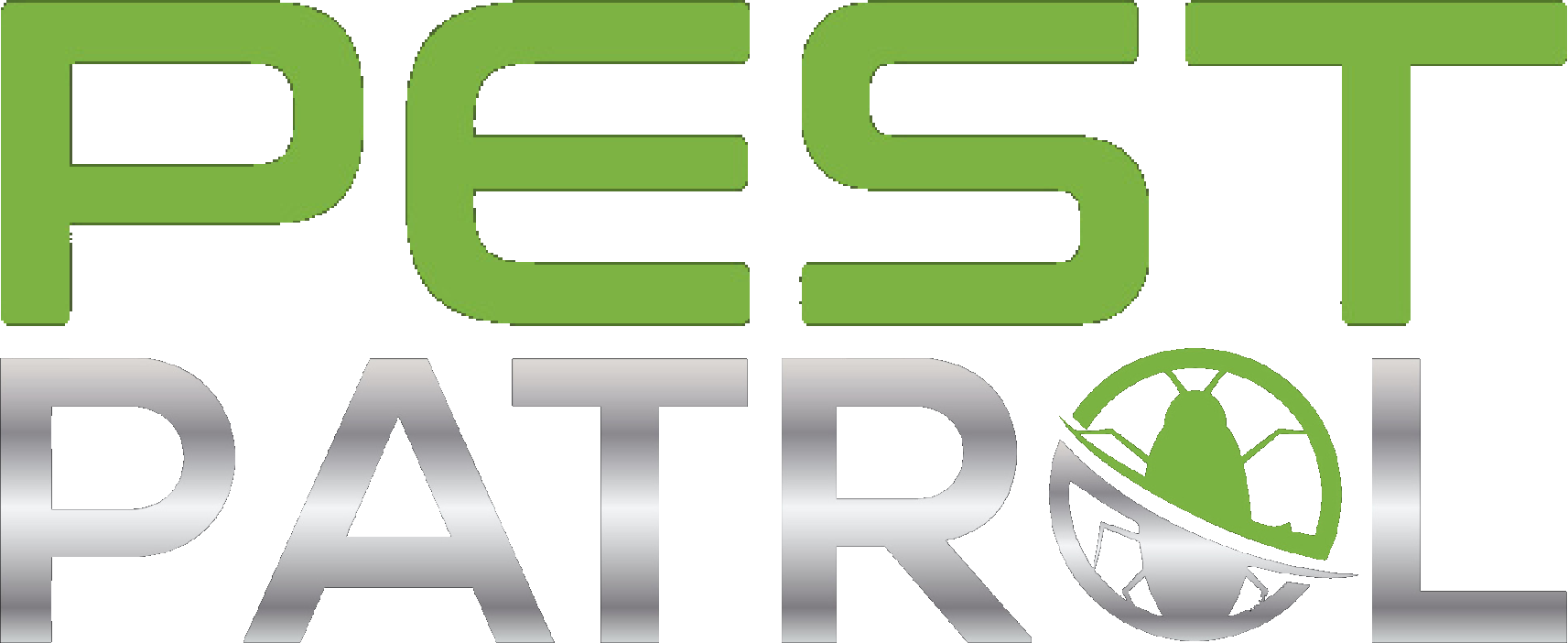Navigating the world of commercial pest control involves understanding diverse environments like offices, restaurants, warehouses, and more. To master effective pest management, you’ll want to explore various professional pest control methods which cater specifically to your industry. Whether it’s the convenience of local pest control services or opting for commercial pest services that handle emergency situations, choosing the best pest control strategy is crucial. Each setting, from pest control for offices to industrial pest control, faces unique challenges, demanding distinct pest management solutions. Striking a balance between cost-effective pest control prices and quality service from reputable pest control companies ensures a safe, hygienic atmosphere for your business operations.
Understanding Commercial Pest Control
Commercial pest control involves strategic approaches tailored to specific business needs, ensuring a pest-free environment for various commercial spaces. Each type of establishment, be it a bustling restaurant or an expansive warehouse, requires distinct pest control methods to address its unique challenges effectively. The objective is to maintain a safe and sanitary environment that prevents the disruption that pests can inflict on business operations.
Selecting the right pest control company is crucial in implementing effective solutions. You may consider factors such as pest control prices, the reputation of companies, and their ability to offer emergency pest control services when needed. Local pest control services often come with the advantage of understanding the regional pest challenges, further refining their pest management solutions to suit your specific requirements.
The best pest control strategies often involve preventive measures and regular monitoring, ensuring long-term protection. Specialized services such as pest control for restaurants focus on preventing infestations that could affect food safety, while pest control for offices ensures a healthy workspace for employees.
In the coming years, commercial pest services are likely to evolve with technological advancements, offering more precise and environmentally friendly pest solutions. This trend suggests that future pest management solutions will integrate innovative tools and techniques, enhancing efficiency and sustainability.

Identifying Common Commercial Pests
In commercial settings, identifying common pests is crucial for maintaining a pest-free environment. Businesses, particularly in industries such as food service and warehousing, often encounter pests like rodents, cockroaches, ants, and flies. Each pest poses unique threats; for instance, rodents can damage infrastructure, while cockroaches can spoil food and spread disease. Professional pest control is essential for promptly addressing these common invaders and minimizing their impact on operations.
Pest control companies often tailor their approaches based on the specific threats faced by different commercial environments. For example, pest control for restaurants focuses on eliminating foodborne pests to maintain hygiene standards, whereas pest control for offices may address issues related to cleanliness and employee comfort. Tailored pest management solutions are key to effectively controlling these common pests without disrupting daily business activities.
Looking forward, the landscape of commercial pest control is expected to undergo significant changes with the integration of new technologies and sustainable methods. These advancements will likely enhance the effectiveness and efficiency of pest control strategies, offering more targeted responses to pest threats. By staying informed and adaptable, businesses can better manage their pest control needs, ensuring a safer and more productive environment.

Signs Your Business Needs Pest Control
Recognizing the signs that your business needs pest control is essential for maintaining a smooth operation and protecting your reputation. Indicators like unusual odors, droppings, or insect sightings can suggest an underlying issue requiring professional pest control. Particularly in industrial settings or warehouses, finding signs of gnawing or structural damage from rodents can necessitate immediate intervention to prevent further losses.
For businesses such as restaurants, continuous pest sightings pose significant risks to hygiene and customer satisfaction. Comparing challenges, pest control for restaurants focuses heavily on preventing contamination, whereas pest control for offices aims to maintain a comfortable environment for employees and clients. Both require attentive monitoring and quick response to any pest signs, helping prevent more complex infestations from developing.
Engaging with commercial pest services means you can address these signs effectively, drawing on the expertise of pest control companies. The comparison between handling issues internally versus hiring professional services often reveals the advantages of expert intervention. Local pest control services often provide tailored solutions that ensure comprehensive pest management, securing your premises’ safety and integrity without the prolonged disruption an uncontrolled pest problem might bring.
Integrated Pest Management Approaches
Integrated Pest Management (IPM) approaches are comprehensive strategies designed to manage pest populations effectively while minimizing risks to people and the environment. These approaches involve a mix of biological, cultural, physical, and chemical tools, customized to specific business needs. Implementing IPM in commercial settings such as offices or warehouses helps you achieve long-term pest control by focusing on prevention, monitoring, and control as cohesive tactics.
The current state of integrated pest management shows a trend towards sustainability, driven by increased awareness of environmental impacts and regulatory requirements. Businesses are embracing pest management solutions that reduce reliance on chemical pesticides, opting for innovative methods that include biological control agents and advanced monitoring technologies. This shift promotes a healthier work environment and aligns with wider corporate sustainability goals.
Whether it’s pest control for restaurants concerned with safe food handling or industrial pest control focusing on broad-scale operations, IPM offers versatile solutions. By working with professional pest control companies that specialize in integrated approaches, you can tailor pest control methods to fit your unique commercial challenges. Local pest control services often provide valuable insights into regional pest behaviors, enhancing the effectiveness of your pest management strategy.

Selecting a Professional Pest Control Service
What factors should you consider when selecting a professional pest control service for your business? Ensuring you choose the right pest control company is pivotal in safeguarding your commercial environment from pest infestations. Whether you’re a small office or a large industrial facility, the service you select must align with your specific needs and preferences. Evaluating the expertise and reliability of pest control companies ensures effective and long-lasting results.
First, consider the range and quality of pest control methods offered. A comprehensive commercial pest service should be adept in various techniques, from standard practices to emergency pest control in urgent cases. For restaurants, it’s crucial that the chosen provider can address food-safety concerns, while industrial pest control might require specialists familiar with large-scale operations. These unique requirements highlight the importance of tailored pest management solutions.
Next, examine pest control prices and service reviews. Affordability matters, but should balance with the quality of service provided. Researching options can help identify providers like local pest control services that are not only cost-effective but also have an excellent record of customer satisfaction. Such services often have a better understanding of the local pest population, aiding in efficient and relevant control measures for your business environment.
Additionally, ensure the company holds all necessary certifications and adheres to regulations. Professional pest control services must comply with safety standards, using environmentally responsible products and methods. Verify credentials and ask for recommendations to gauge their expertise and previous success in similar commercial settings. This process helps you navigate the vast options, moving you towards the best pest control solution tailored to your needs.
Finally, consider the level of support and customer service offered by the pest control company. The best pest control providers offer continuous support, updating their strategies as needed and maintaining clear communication with you. This partnership ensures your business remains protected and can adapt to any future pest-related challenges efficiently.

The Commercial Pest Control Process
The commercial pest control process involves multiple stages to effectively manage and eradicate pests from your business premises. Initially, a thorough inspection is conducted to assess the extent of the infestation and identify the pests involved. According to recent studies, accurate identification is critical, as it determines the most effective pest control methods needed for your specific situation. This comprehensive evaluation informs the customized pest control plan tailored to your business needs.
Implementation of the control strategies follows, utilizing a combination of mechanical, chemical, and biological techniques. These are selected based on the level of infestation and the type of pests present. For instance, pest control for warehouses might focus more on structural modifications and sanitation measures, whereas restaurants may require targeted chemical treatments. The methods are executed with a goal of minimizing risks to people and the environment, aligning with modern pest management solutions.
Monitoring and follow-up are vital components of the pest control process to ensure lasting results. This stage involves routine inspections and the use of monitoring devices, ensuring that pest populations remain under control and that any recurrence is promptly addressed. Local pest control services often prefer this ongoing approach, adjusting strategies as necessary to provide comprehensive protection against potential pest threats, maintaining your establishment’s safety and reputation.


